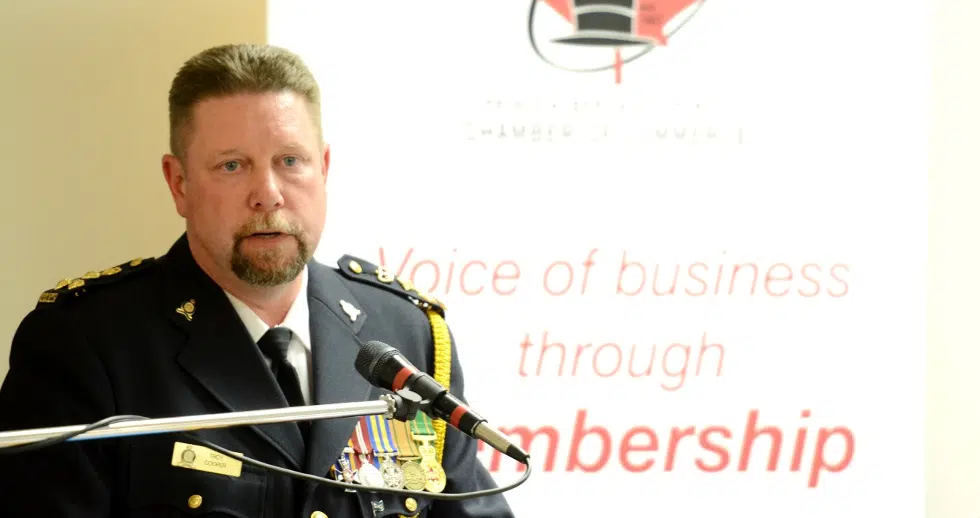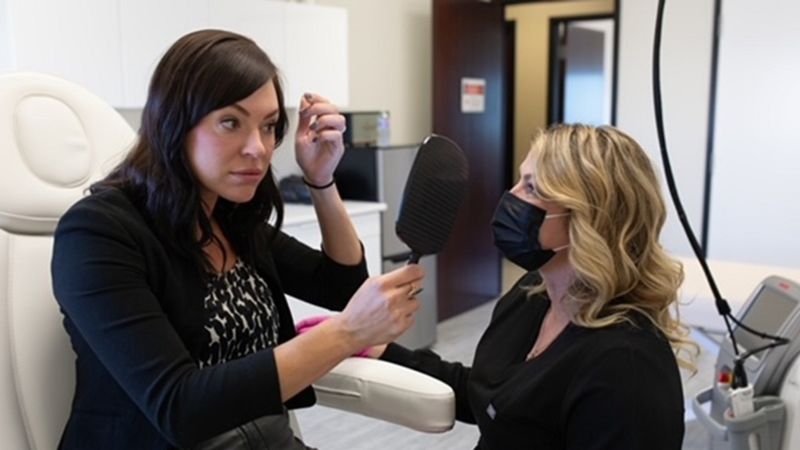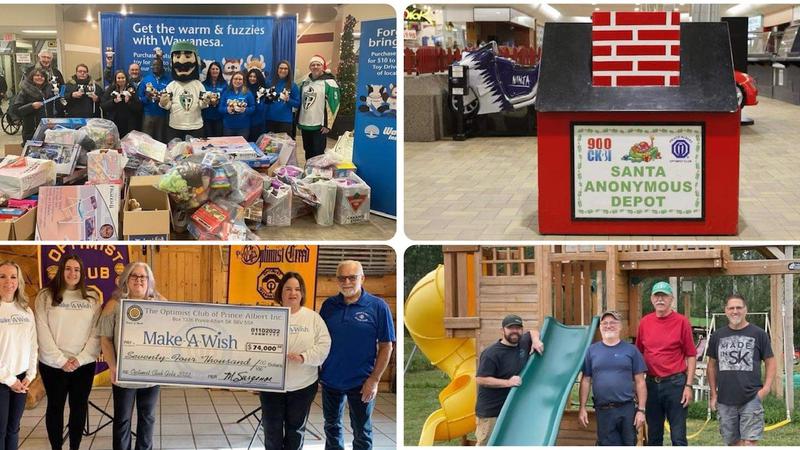
P.A. Police working towards reconciliation
The Prince Albert Police Service has made major strides towards reconciliation, but Chief Troy Cooper said he wants to do even more.
At their Feb. 27 meeting, Cooper presented the Board of Police Commissioners with a report on the department’s progress towards implementing the 94 calls to action made in 2015 by the Truth and Reconciliation Commission of Canada. Cooper said the police service has actively worked towards reconciliation since the commission released its recommendations.
“I think it’s important for the public to be aware that we understand and we’ve reviewed the calls to action,” Cooper told paNOW. “We know that we have a role to play.”
The Saskatchewan Police Commission requires every officer to complete multicultural training, Cooper said, and noted P.A. officers and civilian staff participate in additional cultural training. The police also employ an Indigenous Resource Officer and an elder, Cooper said, and officers regularly attend Indigenous ceremonies and celebrations in the community.


